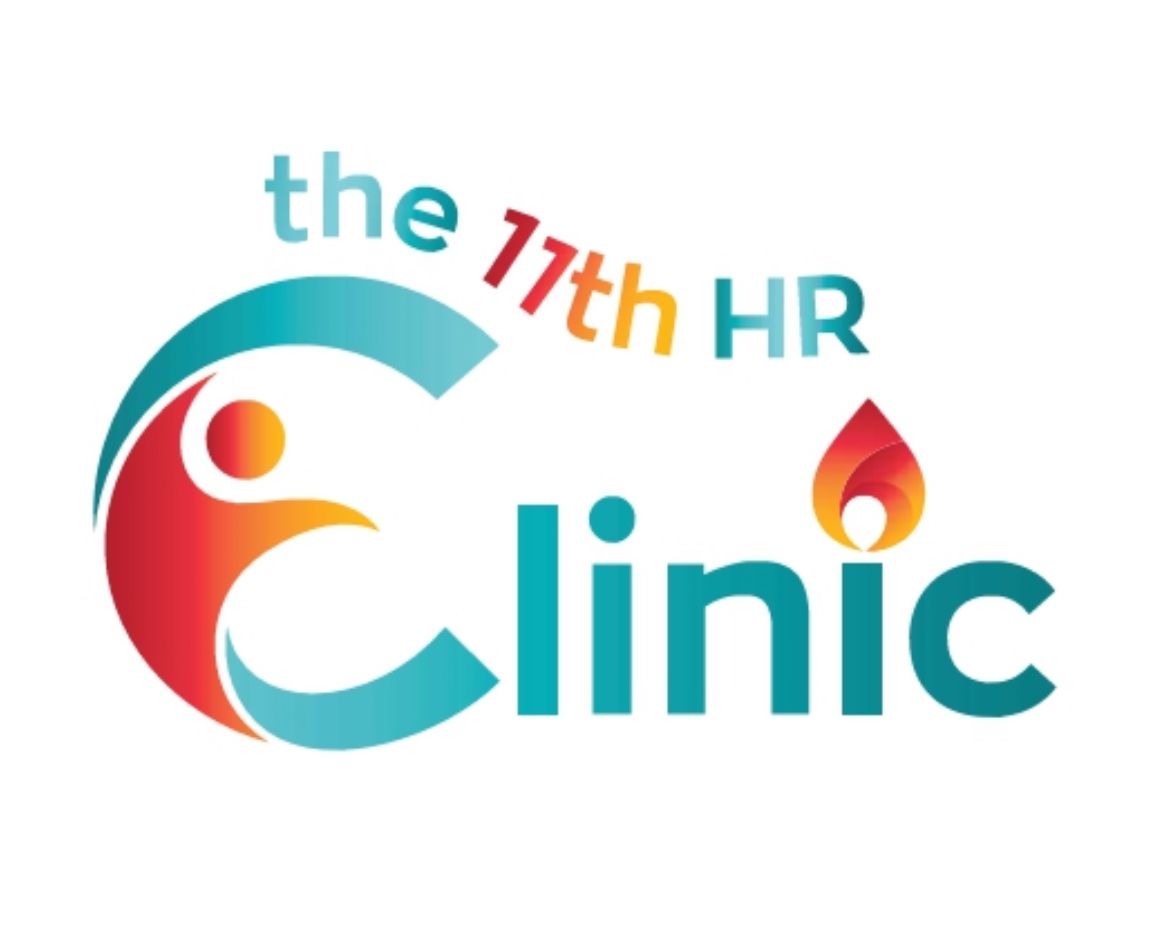Understanding Depression, Burnout, and Grief
Why antidepressants are not always the answer
With increased awareness about mental health and emotional literacy, it’s easy to label emotional distress as depression, but not all suffering fits neatly into a medical diagnosis. At the 11th hour clinic, we often work with clients who are navigating
burnout, grief, or trauma-related stress,
experiences that can mimic clinical depression but require
different therapeutic approaches. One of the most common misconceptions we encounter is the belief that
antidepressants are a universal solution for low mood and fatigue. However, the science tells a different story.
Distinguishing Depression, Burnout, and Grief
While these states can look and feel similar, they arise from different causes and require nuanced treatment.
Clinical Depression
Major depressive disorder (MDD) is a psychiatric condition characterized by
persistent sadness, anhedonia (loss of pleasure), cognitive changes, and functional impairment for at least two weeks (American Psychiatric Association, 2013). It often has
biological, psychological, and social contributors, and can respond well to medication, particularly in moderate to severe cases (Cuijpers et al., 2020).
Burnout
Burnout is not a mental illness, but a
psychological syndrome related to chronic occupational stress. It manifests as
emotional exhaustion, cynicism, and reduced professional efficacy (Maslach & Leiter, 2016). While it overlaps with depression, burnout is
context-specific.
This means it’s about the workplace, not just the mind. Antidepressants are generally not effective for burnout because the condition stems from
external, systemic stressors, not a neurochemical imbalance.
Grief
Grief is a natural response to loss. It can involve deep sadness, longing, disorientation, and even physical symptoms. Although it may resemble depression, grief is
time-limited, relational, and non-pathological (Shear, 2015). Medicalising grief may interfere with natural healing processes. In fact, recent research warns against the over-prescription of antidepressants in the context of bereavement (Wakefield & First, 2012).
Why Antidepressants Often Miss the Mark
Many clients are prescribed antidepressants after reporting fatigue, sadness, or anxiety, without a clear understanding of their condition. Here's why that can be problematic:
- Symptom overlap is not diagnostic clarity: A low mood in burnout or grief is not the same as in depression. Medication that targets serotonin reuptake might not resolve stress-based or trauma-based distress (Blease et al., 2017).
- The placebo effect is significant: Meta-analyses show that antidepressants may only have a small advantage over placebo in mild-to-moderate depression (Kirsch et al., 2008). This effect is even less pronounced in those experiencing burnout or grief.
- Environmental and relational causes go unaddressed: Burnout requires workplace changes, and grief needs space and support. Antidepressants may mask symptoms but don’t resolve the root cause.
- Potential side effects and dependency: Over-medication can lead to
emotional blunting, weight gain, sleep disruption, and difficulty stopping the medication once started (Fava et al., 2015).
A Holistic Approach to Emotional Recovery
At the 11th hour clinic, we believe in evidence-informed, person-centred care. Our psychologists and coaches work to identify the root cause of your distress, whether it’s clinical depression, burnout, unresolved trauma, or grief.
We use an integrated model involving:
- Cognitive Behavioural Therapy (CBT) to reframe unhelpful thinking.
- Narrative and grief therapy to honour loss and rebuild meaning.
- Workplace and systems coaching for those experiencing burnout.
- Mindfulness and body-based approaches for nervous system regulation.
When to Seek Help
If you're unsure whether what you’re experiencing is depression, burnout, or grief, don’t guess, and don’t go it alone. Mental health is complex, and
a correct diagnosis matters. Reach out to a psychologist at the 11th hour clinic for a
comprehensive psychological assessment and a treatment plan tailored to your experience. You deserve a solution that fits, not a prescription that doesn’t. Check out our
locations page to book an appointment or
contact us to learn more.
References
American Psychiatric Association. (2013). Diagnostic and statistical manual of mental disorders (5th ed.).
Blease, C., Lilienfeld, S. O., & Kelley, J. M. (2017). Open versus hidden treatments: A critical reappraisal of the role of expectancy in treatment response. Psychology of Consciousness: Theory, Research, and Practice, 4(1), 1–19.
Cuijpers, P., Karyotaki, E., Weitz, E., Andersson, G., Hollon, S. D., van Straten, A., & Ebert, D. D. (2020). The effects of psychotherapies for major depression in adults on remission, recovery and improvement: A meta-analysis.
Journal of Affective Disorders, 277, 511–517.
Fava, G. A., Gatti, A., Belaise, C., Guidi, J., & Offidani, E. (2015). Withdrawal symptoms after selective serotonin reuptake inhibitor discontinuation: A systematic review.
Psychotherapy and Psychosomatics, 84(2), 72–81.
Kirsch, I., Deacon, B. J., Huedo-Medina, T. B., Scoboria, A., Moore, T. J., & Johnson, B. T. (2008). Initial severity and antidepressant benefits: A meta-analysis of data submitted to the FDA.
PLoS Medicine, 5(2), e45.
Maslach, C., & Leiter, M. P. (2016). Understanding the burnout experience: Recent research and its implications for psychiatry.
World Psychiatry, 15(2), 103–111.
Shear, M. K. (2015). Complicated grief.
The New England Journal of Medicine, 372(2), 153–160.
Wakefield, J. C., & First, M. B. (2012). Validity of the bereavement exclusion to the diagnosis of major depressive episode: Would removal be premature? World Psychiatry, 11(1), 3–10.



